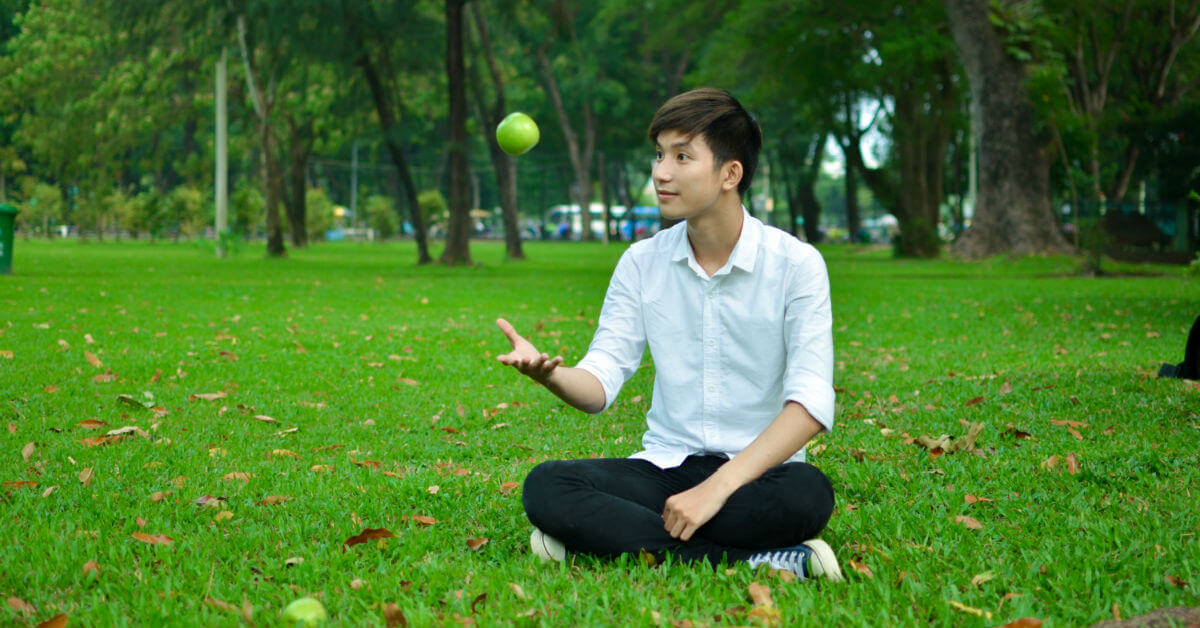When raising teenagers, it’s important to maintain your expectations for their behavior. Even though they are working toward becoming independent adults, teens still need their parents to help them to learn how to behave and how to make good choices. Positive discipline practices can help develop your teen into a responsible adult and preserve your relationship, too.
Leave the Past Behind You
All too often, parents resort to treating their teenagers just like they did when they were toddlers. The result is resentful teens that don’t learn anything about being an adult except for yelling and fighting.
When your teen was little, it was appropriate to discipline them more frequently because there were so many things for them to learn. Often, you had to raise your voice to break through a temper tantrum, or physically restrain your child from throwing themselves on the floor in a fit. However, your teenager doesn’t deserve the same treatment they did when they were younger and you must modify your discipline to be a more positive experience.
Instead, you want your teen to learn as they grow and make inevitable bad choices and mistakes, so they can avoid future mistakes. Leave the belittling, insults, yelling and mocking when dealing with your teen and focus on positive discipline. It’s hard to relinquish control over your kids, but it’s better to work together toward learning life lessons than keep them under your thumb all the time and stunting their emotional and mental growth.
What is Positive Discipline?
Positive discipline is a method that parents can use with their teenagers where they are corrected in a gentle and positive way rather than via yelling and getting physical. Many people liken it to the way a boss might correct a valued employee—with respect and to encourage the person to improve and learn. Positive discipline is not without consequences, and for teens they can actually be quite severe. The difference is how parents and teens approach the conflict and what the teens learn from the experience.
Here are some tips on positive discipline that you can use to help your teenagers develop into more mature young adults:
- Avoid high emotion, like yelling, pushing and threats.
- Correct your teen in private, not in front of others.
- Talk about expectations and consequences together and come to an agreement on what happens if the teen fails. One example is that any C or lower grades means losing the game system for the term.
- Be clear about consequences, such as finishing chores in order to go to a movie.
- If the teen fails to make a good choice, be firm but unemotional and remind them of the consequence.
- Enforce the previously agreed consequences, and don’t pile on punishments in the heat of the moment.
- Give teens more responsibility as they prove themselves, and don’t forget to praise them when they do a good job.
- Give teens plenty of choices when possible, such as letting them choose which day is most convenient for them to do their laundry, or whether they will complete their homework right after school or in the evening. Then, hold them to their choice.
Positive discipline can be an effective tool in helping your teen transition from a rough adolescence to a successful and independent young adult. You are also modeling how to be a good and effective communicator and parent for your teen so they will have a great example of how to deal with others in a positive manner. There are lots of good resources online for how to use positive discipline on your teen so they will feel motivated to be the best they can be.










0 Comments